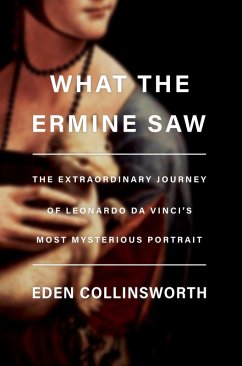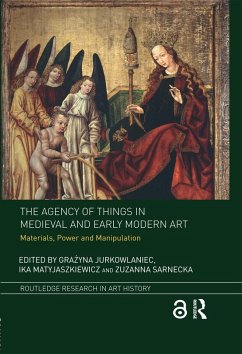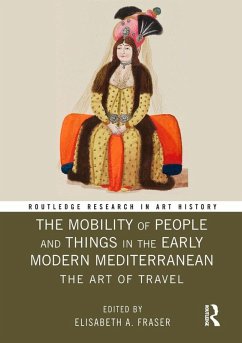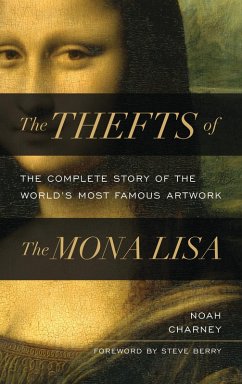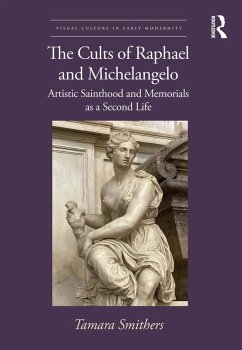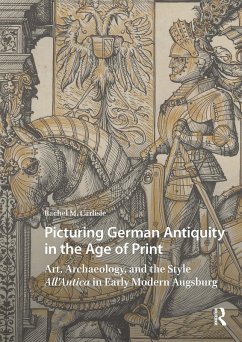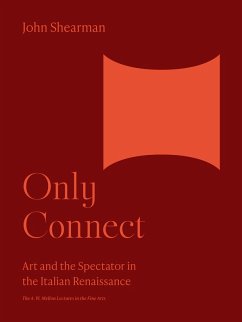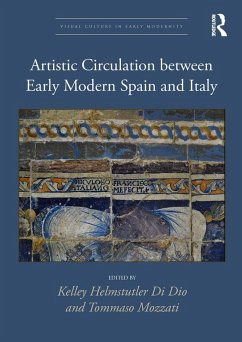
Transcultural things and the spectre of Orientalism in early modern Poland-Lithuania (eBook, ePUB)
Versandkostenfrei!
Sofort per Download lieferbar
77,95 €
inkl. MwSt.
Weitere Ausgaben:

PAYBACK Punkte
39 °P sammeln!
Transcultural things examines four sets of artefacts from the Polish-Lithuanian Commonwealth: maps pointing to Poland-Lithuania's roots in the supposedly 'Oriental' land of Sarmatia, portrayals of fashions that purport to trace Polish culture back to a distant and revered past, Ottomanesque costumes worn by Polish ambassadors and carpets labelled as Polish despite their foreign provenance. These examples of invented tradition borrowed from abroad played a significant role in narrating and visualising the cultural landscape of Polish-Lithuanian elites. But while modern scholarship defines these...
Transcultural things examines four sets of artefacts from the Polish-Lithuanian Commonwealth: maps pointing to Poland-Lithuania's roots in the supposedly 'Oriental' land of Sarmatia, portrayals of fashions that purport to trace Polish culture back to a distant and revered past, Ottomanesque costumes worn by Polish ambassadors and carpets labelled as Polish despite their foreign provenance. These examples of invented tradition borrowed from abroad played a significant role in narrating and visualising the cultural landscape of Polish-Lithuanian elites. But while modern scholarship defines these objects as exemplars of national heritage, early modern beholders treated them with more flexibility, seeing no contradiction in framing material things as local cultural forms while simultaneously acknowledging their foreign derivation. The book reveals how artefacts began to signify as vernacular idioms in the first place, often through obscuring their non-local origin and tainting subsequent discussions of the imagined purity of national culture as a result.
Dieser Download kann aus rechtlichen Gründen nur mit Rechnungsadresse in A, D ausgeliefert werden.




